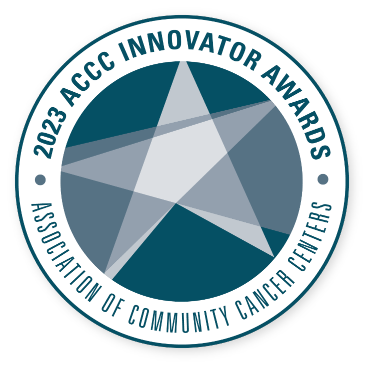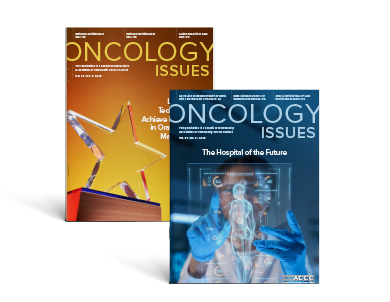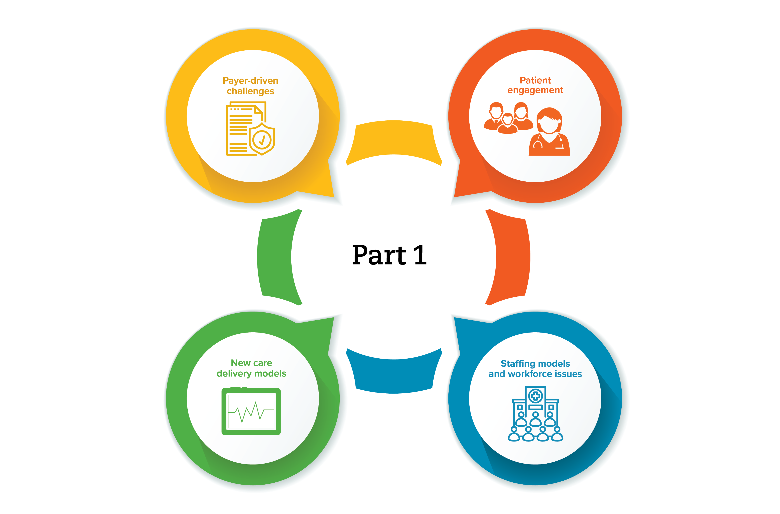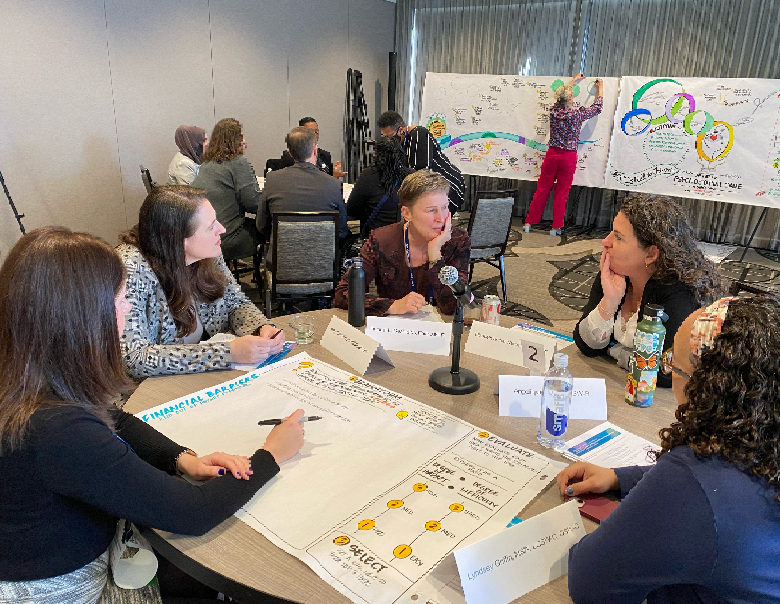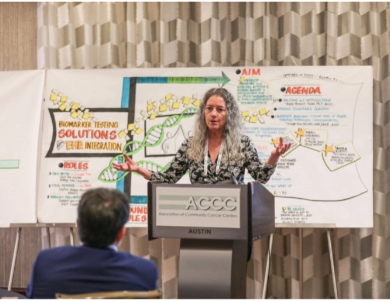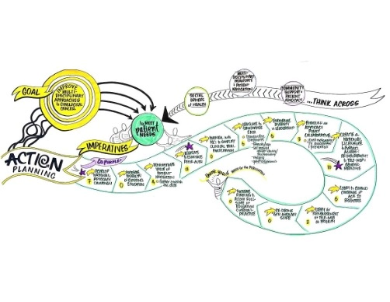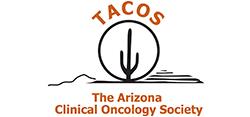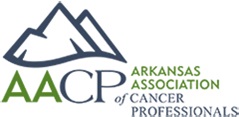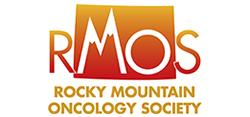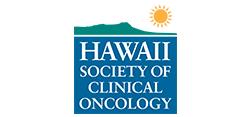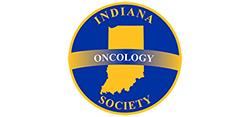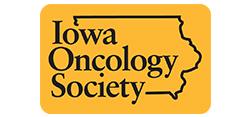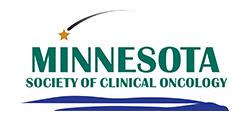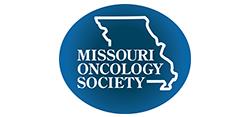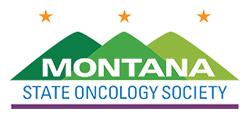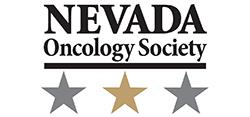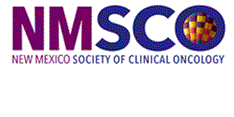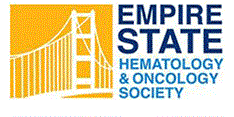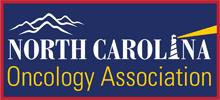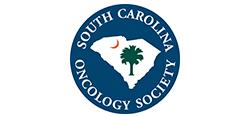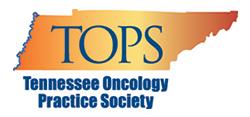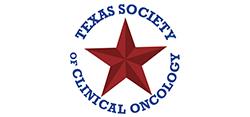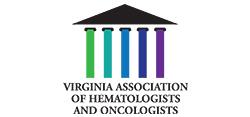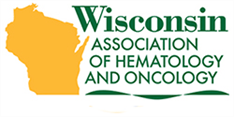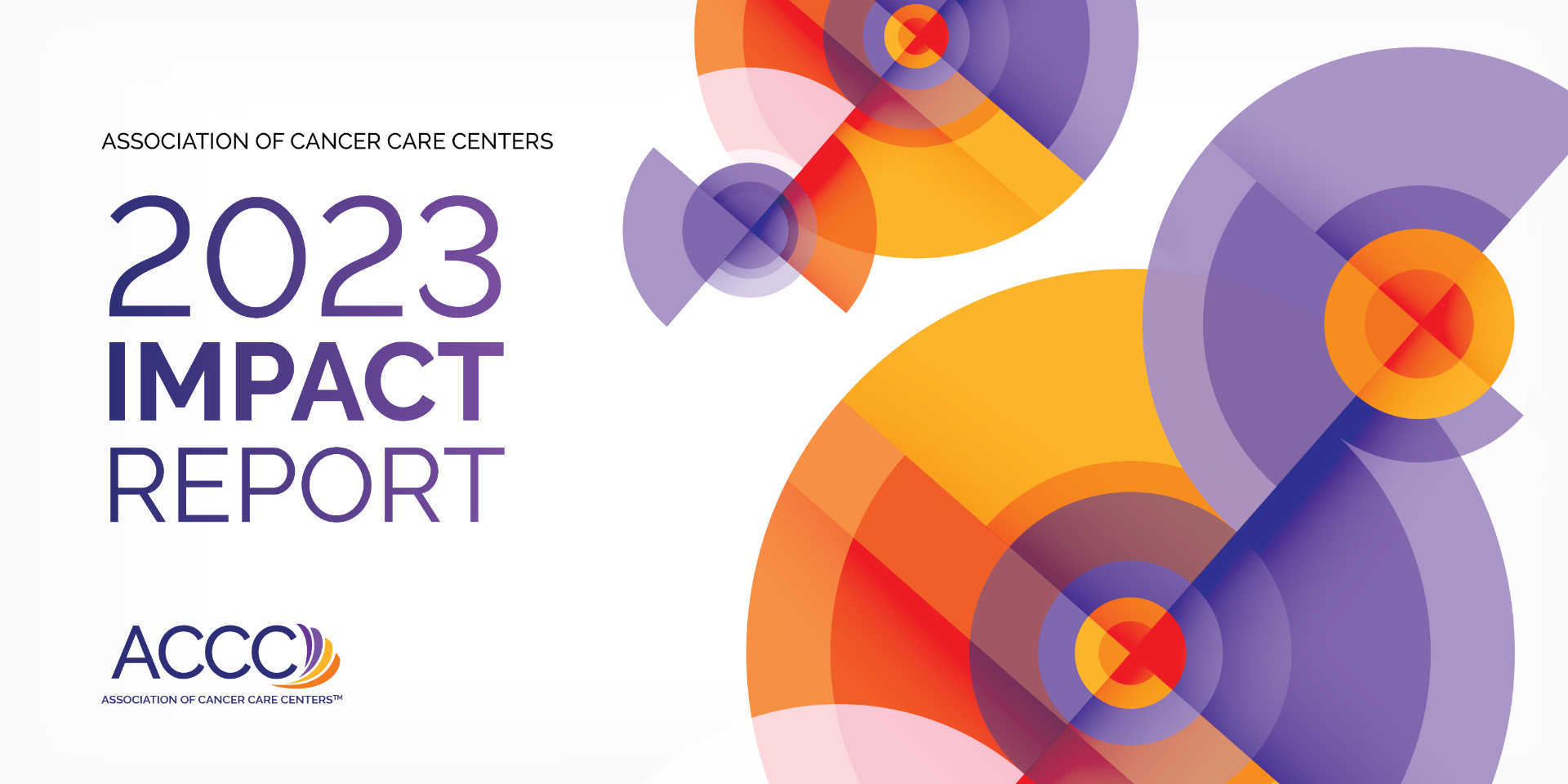
Association of Community Cancer Centers 2023 Impact Report
Health care workforce issues are ever-present in the current social media feeds. From lingering shortages related to the COVID-19 pandemic, to strikes at major institutions across multiple states, it will be up to employers to answer the call of employees. In an atmosphere where workers across many industries are looking for better pay and benefits, health care workers are fighting for safer and more secure work environments that include improved staffing levels to meet patient needs.
Olalekan Ajayi, PharmD, MBA, chief operating officer for Highlands Oncology Group, PA, was named ACCC president on March 10, 2023. He selected “(Re)Building the Oncology Workforce to Deliver Next Generation Cancer Care,” as the president’s theme, with priorities that include identifying, developing, and delivering educational and advocacy resources to expand the capacity of the cancer care workforce, exploring innovative ways to deliver the highest quality of care; identifying, fostering, and mentoring future leaders in cancer care delivery; and broadening the coalition of the oncology workforce to reflect the growing complexity of cancer care and to realize more equitable cancer care delivery.

“One of the greatest challenges we face over the next decade is related to our oncology workforce. Specifically, will we have enough providers and staff to support and deliver lifesaving treatments to patients?”
—Olalekan Ajayi, PharmD, MBA
ACCC Workforce Development Curriculum
Workforce issues such as burnout, recruitment, retention, and identifying and engaging new and diverse leaders, require today’s oncology programs and practices to reimagine many of their strategies, operations, and processes. ACCC developed an online curriculum that covers important issues such as workforce development strategies along the continuum; building an oncology workforce pipeline; developing competitive compensation and benefits packages; onboarding and establishing relationships with staff; and leadership development and training. This important topic was part of a special workforce development track at the ACCC 40th National Oncology Conference, October 4–6, in Austin, Texas. The Workforce Development Curriculum is designed to help oncology programs and practices create the positive change that their clinicians, staff, and patients deserve.

In 2022, President Joe Biden announced plans to revamp the Federal Cancer Moonshot program he spearheaded in 2016, with the goal of reducing the cancer death rate by at least 50% over the next 25 years. ACCC, a long-time supporter of Cancer Moonshot, has provided the White House with resources and tools from its member programs, with a specific focus on cancer prevention for underserved and marginalized patient populations.
The President’s Cancer Panel held its first National Cancer Plan Stakeholder meeting on Thursday, September 7, 2023. As the leading education and advocacy organization for the cancer care community, ACCC was invited to share the association’s key priorities for impacting cancer care in the US. ACCC President Olalekan Ajayi, PharmD, MBA, who is also chief operating officer at Highlands Oncology Group, PA, discussed these initiatives in a 30-minute session that included a robust question and answer period.
ACCC prides itself on quality research and production of useful materials for its member organizations. Here is a snapshot of some key initiatives throughout 2023.
Cancer Diagnostics
In an age of precision medicine, rapidly advancing biomarkers, and innovative cancer screening technologies, the demand for up-to-date information and tools is increasing like never before. ACCC has been on the forefront of this demand for years, highlighting the expanding role of biomarkers in cancer diagnosis, prognosis, and treatment selection, as well as providing insights and tools to support multidisciplinary cancer care team members.
Hematologic Malignancies
Developing quality improvement programs aimed at reducing health care disparities and improving the standard of care received by patients with hematologic cancers are key priorities in ACCC’s educational portfolio. To date, ACCC’s portfolio includes acute lymphocytic leukemia (ALL), acute myeloid leukemia (AML), chronic lymphocytic leukemia (CLL), measurable residual disease (MRD) testing, multiple myeloma (MM), myeloproliferative neoplasms (MPNs), diffuse large B-cell lymphoma (DLBCL), and myelodysplastic syndrome (MDS).
Oncology Practice Transformation and Integration Center (OPTIC)
ACCC created the Oncology Practice Transformation and Integration Center (OPTIC) program to establish a network of multidisciplinary oncology professionals to support peer-to-peer learning and successful implementation of new therapies and technologies and the development and adoption of operational best practices.
Financial Advocacy Network (FAN)
Through the Financial Advocacy Network’s tools and resources, ACCC empowers cancer programs and practices to proactively integrate financial health into the oncology care continuum and help patients gain access to high-quality care for a better quality of life. .
AIM Ahead
ACCC is partnering with Vibrent Health on the AIM-AHEAD pilot project. This project aims to use machine learning modeling in local Appalachian electronic health record (EHR) datasets to evaluate the extent of bias in predicting cancer mortality in Appalachian cancer patients using common clinical predictors. The goal of the project is to develop a machine learning model prototype and dataset to help improve cancer survivorship in rural Appalachia.

The CORe Initiative
ACCC is also partnering with Vibrent Health on the CORe Initiative, which seeks to create a large, nationwide research community of patients with cancer, survivors, their family members, care partners, or others who feel they are at increased risk for cancer. The goal is to collect diverse data to support more equitable cancer-related research and provide greater access to information and research opportunities to community members affected by cancer.
Trial Library
This public benefit company has a mission to improve health equity by expanding access to cancer precision medicine. Its technology is integrated with technology-enabled navigation to facilitate clinical trial discovery for anyone, anywhere. ACCC is partnering to test Trial Library’s software and services at select ACCC cancer program member locations.
The Association of Clinical Research Professionals (ACRP)
A tailored clinical research professional training curriculum. ACRP’s Early Talent Training Program™ is a comprehensive curriculum that prepares candidates and lateral movers for the clinical research profession. The 3-week training program allows sites; contract research organizations; academic and health institutions; and sponsors to more quickly onboard those who are new to clinical trials and who have the right skills to succeed in the profession. ACCC is partnering with ACRP to offer this training at select ACCC cancer program member locations.
ACCC empowers cancer care professionals to better understand federal and state policies impacting the field of oncology and patients with cancer. The association also provides many opportunities to advocate at the federal, state, and local levels on issues important to the cancer care community and the patients they serve.
Summits and Stakeholder Gatherings
ACCC brings together health care professionals from across the US to discuss pressing issues and identify actionable solutions.
Lung Disparities
Throughout 2023, ACCC had key initiatives focused on lung cancer screening and improving health outcomes by addressing disparities.
Tackling Disparities
ACCC has and will continually focus on supporting health care institutions as they aim to provide quality cancer care to all patients..
Supportive Care Strategies for Promoting Health Equity
ACCC is developing a playbook which includes a list of collated resources that can support community cancer practices in offering supportive oncology services to patients. There are currently 12 cancer programs participating in the quality improvement program aimed at promoting equity in Breast cancer.
ACCC 2024-2025 President’s Theme
The 2024-2025 ACCC president’s theme is community engagement. ACCC will develop tools and resources to help ACCC member programs and practices—regardless of size—improve engagement in their communities, with a focus on outreach and education to underserved regions and populations. Community engagement will require oncology programs and practices to partner with community resources such as patient advocacy groups; civic organizations; church and spiritual groups; schools and institutions of higher learning; and more.
Gain the most from your ACCC membership by getting involved! You have a valuable forum to collaborate and learn from your colleagues nationwide, showcase your cancer program or practice’s successes, and foster leadership opportunities.
Share Your Expertise
ACCC is proud to offer its members the chance to get involved with its various content outlets. Contact ACCC if you or a colleague are interested in submitting an article to Oncology Issues, authoring a blog for ACCCBuzz, or serving as a guest on CANCER BUZZ or CANCER BUZZ TV.
ACCC Membership by the Numbers
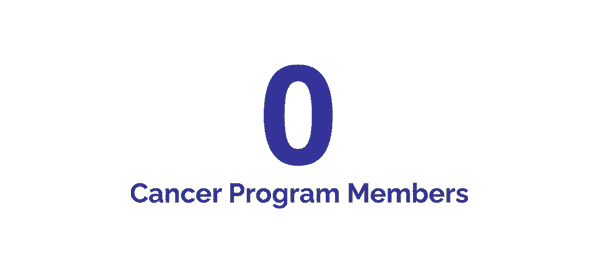

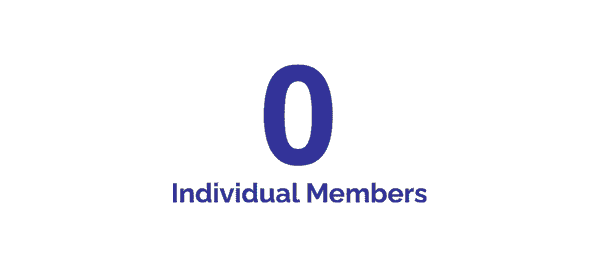


Executive Committee 2023-2024

Olalekan Ajayi, PharmD, MBA
President
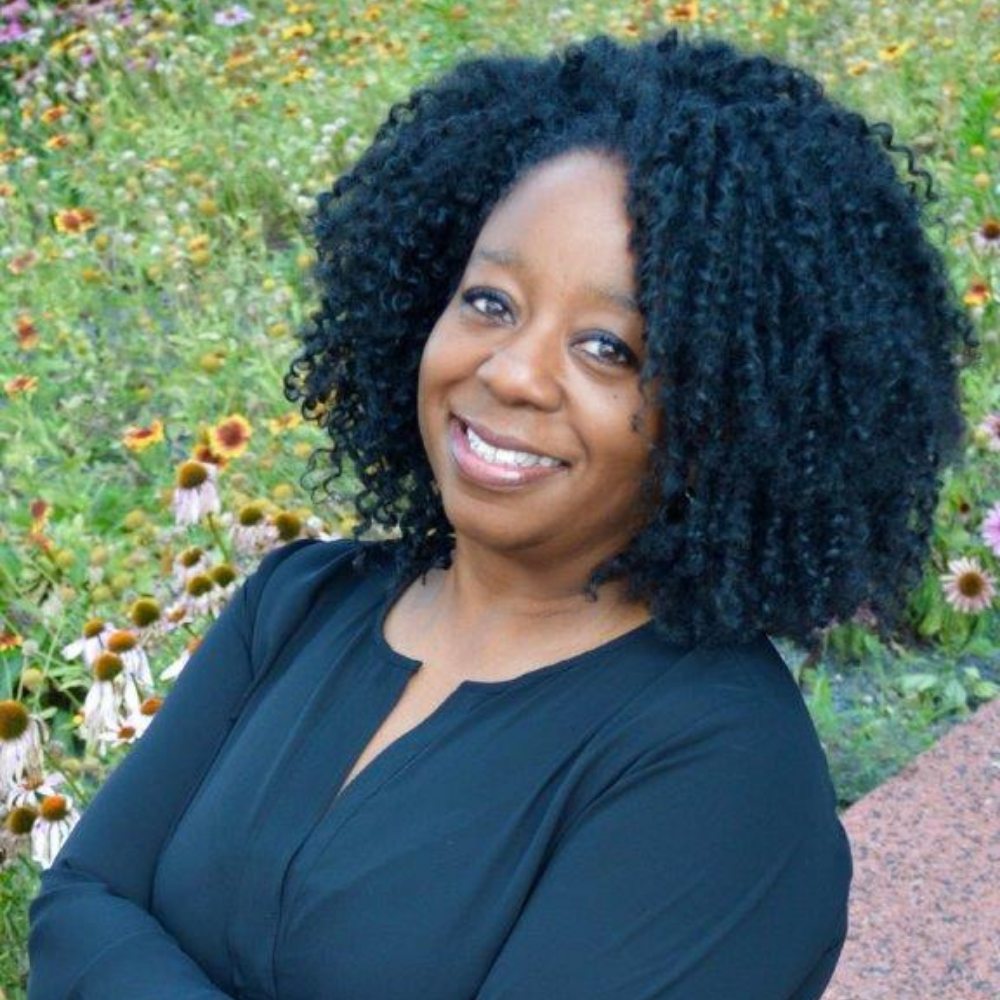
Nadine Barrett, PhD, MA, MS
President-Elect

David R. Penberthy, MD, MBA
Immediate Past President

Douglas Flora, MD, LSSBB
Treasurer
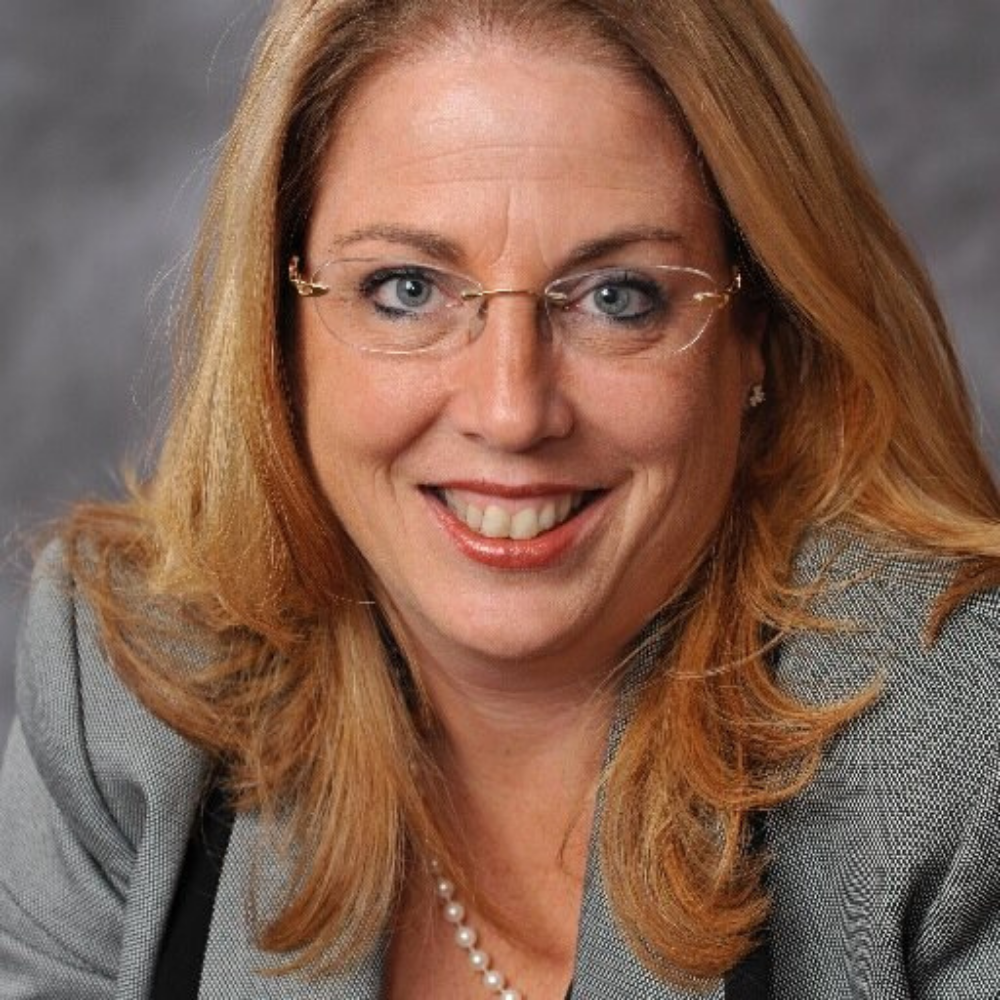
Una Hopkins, RN, FNP-BC, DNP
Secretary
Board of Trustees 2023-2024

J. Renea Austin-Duffin, MBA

JiaJoyce Conway, DNP, CRNP, AOCNP

Jorge García, PharmD, MS, MHA, MBA, FACHE
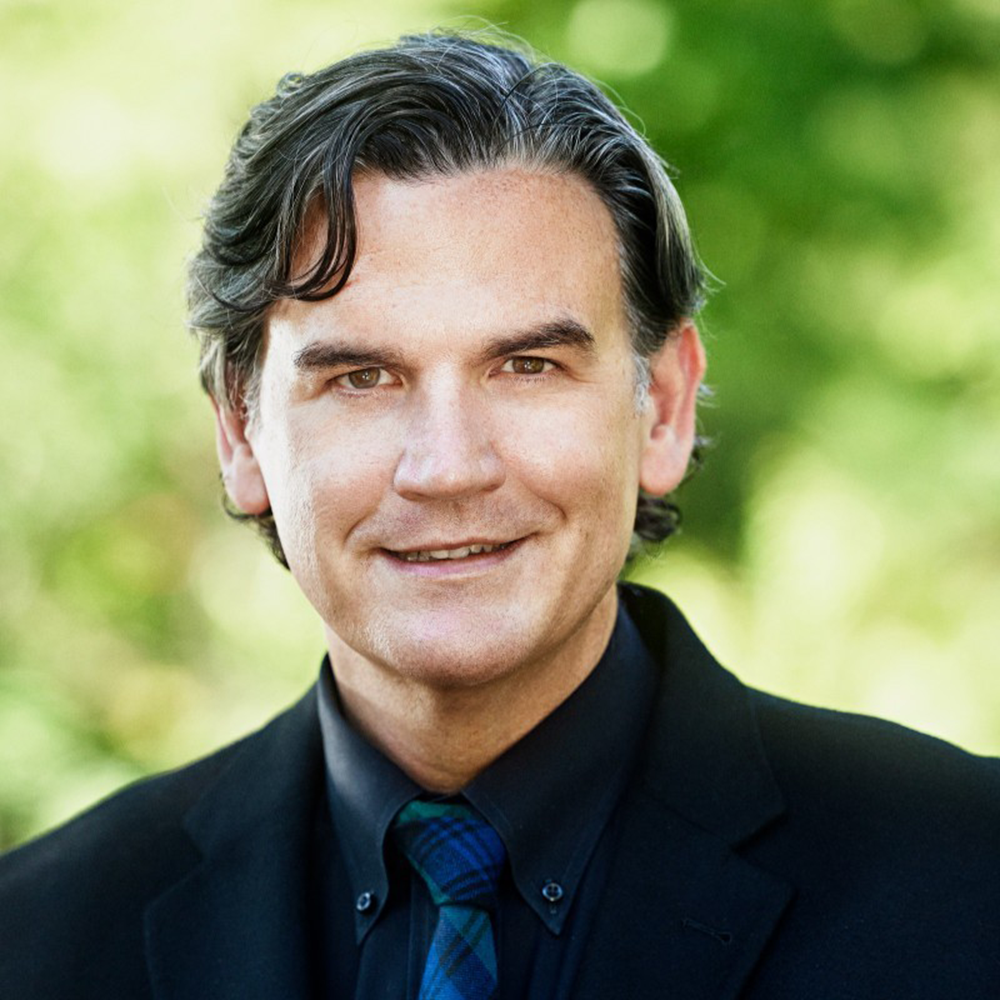
Matthew Manning, MD, FASTRO

Kurt Oettel, MD
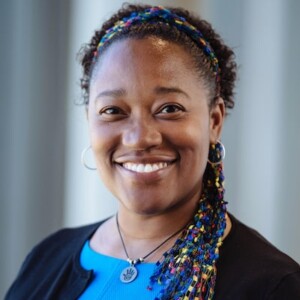
Lailea Noel, PhD, MSW
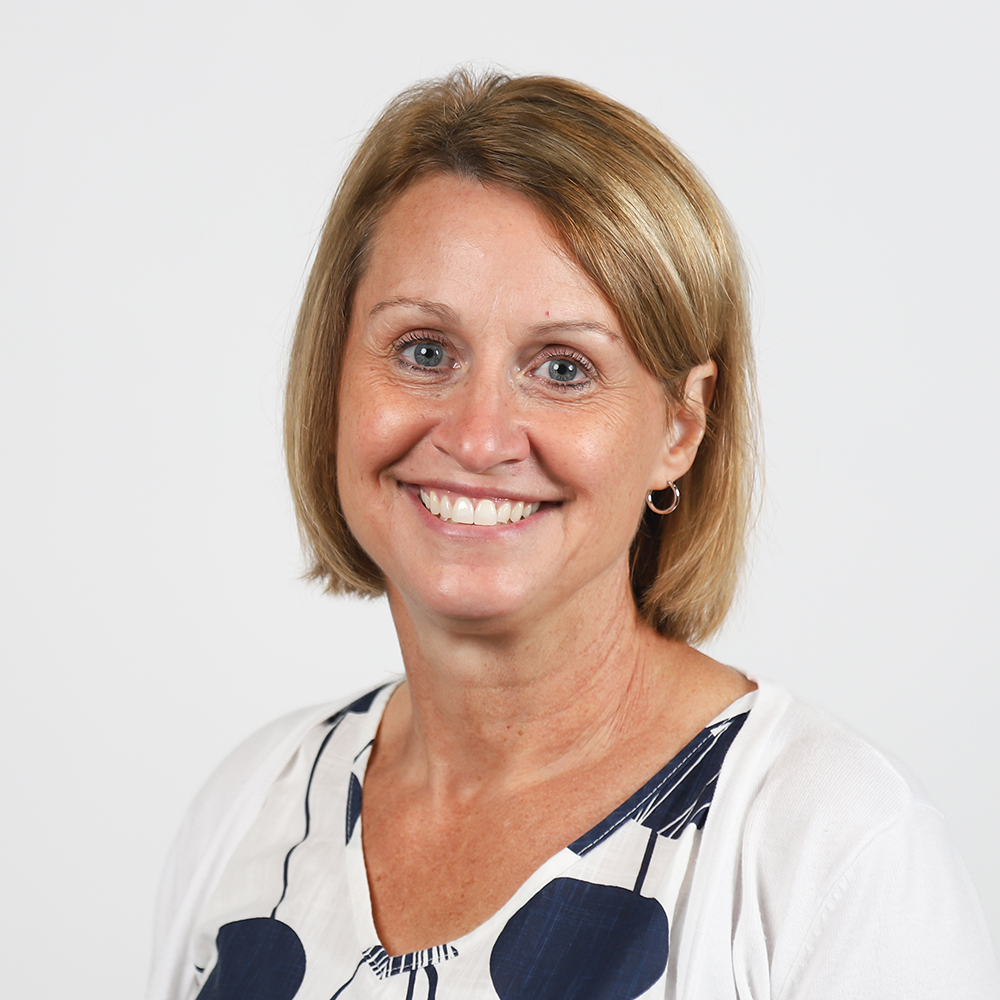
Lori Schneider

Leigha Senter-Jamieson, MS, CGC
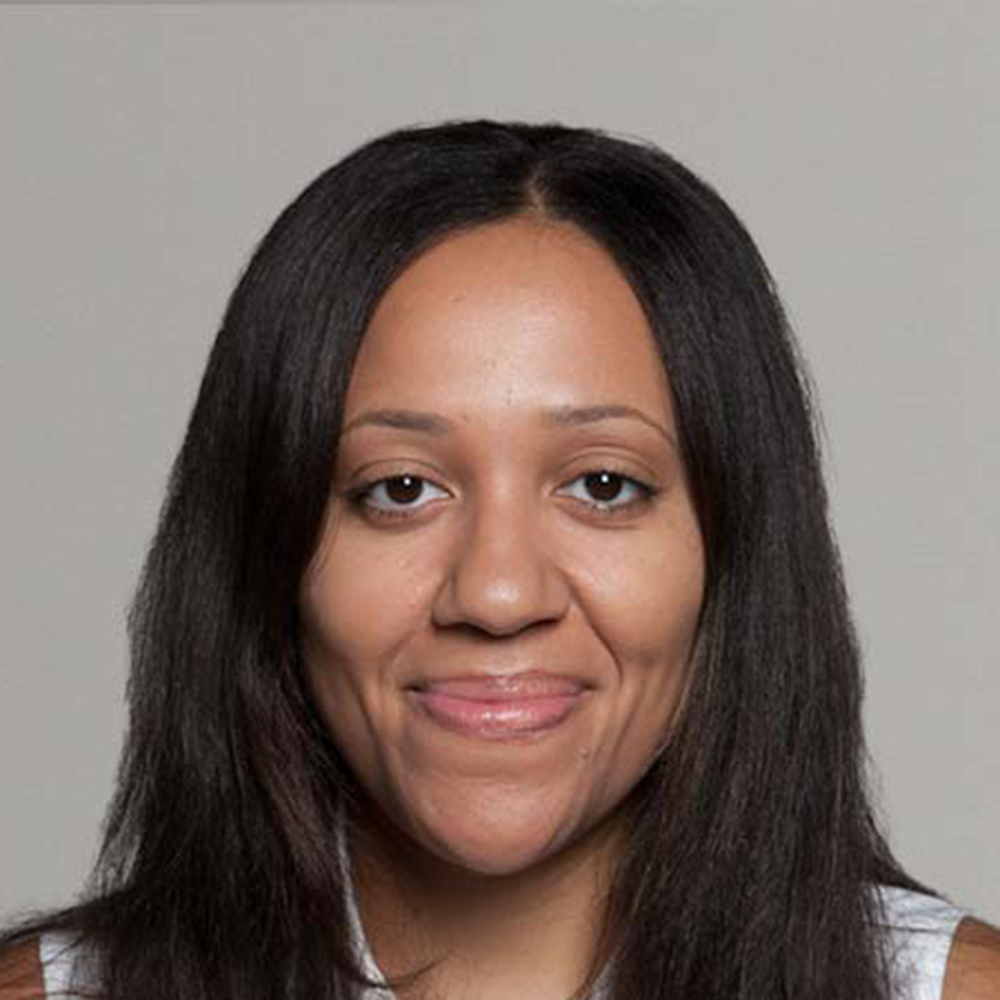
Cardinale B. Smith, MD, PhD

Wendi Waugh, BS, RT(R)(T), CMD, CTR
Oncology State Societies at ACCC
ACCC manages and collaborates very closely with the Oncology State Societies at ACCC—a network of 23 state-based oncology/hematology societies that represent the educational and advocacy interests of their members at the state and regional level. These individuals receive select member benefits from ACCC, participate on the ASCO State Affiliate Council, and have access to targeted educational resources to keep abreast of the ever-changing healthcare landscape.



